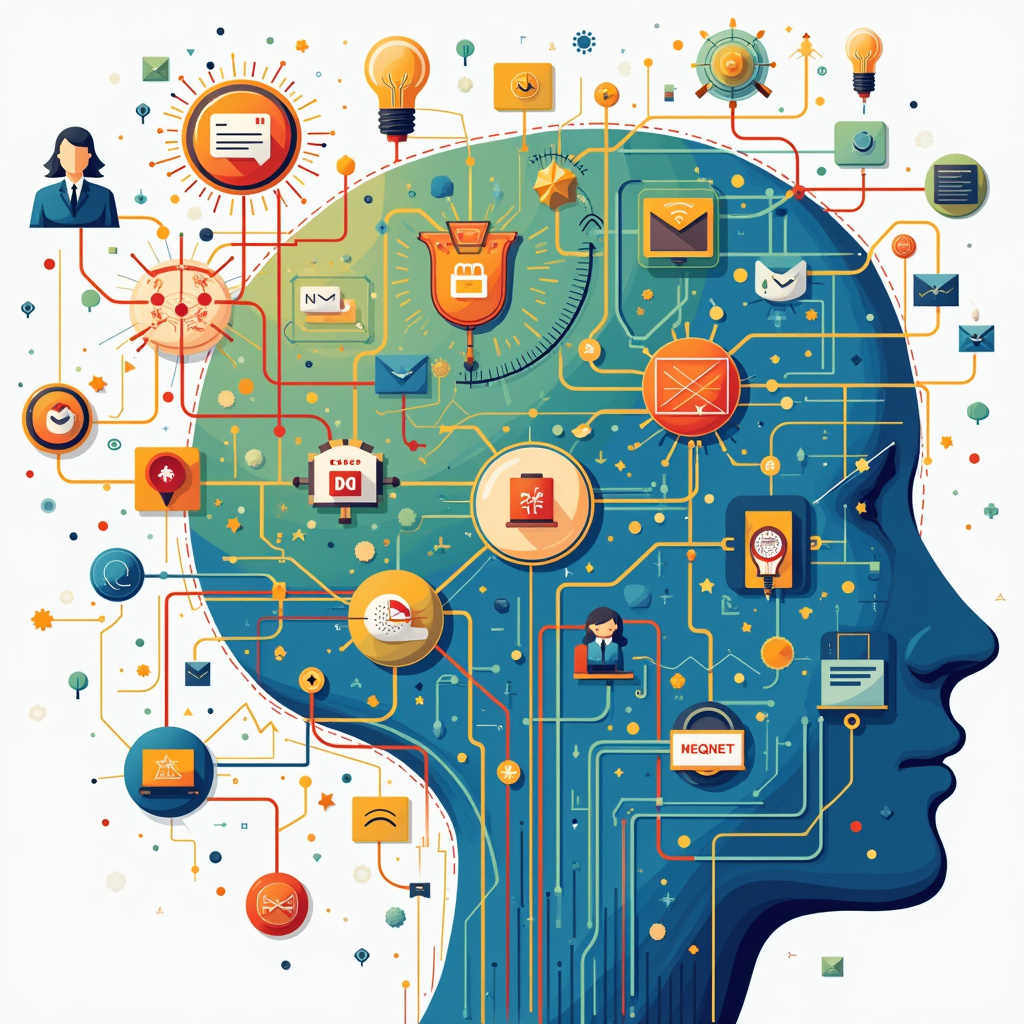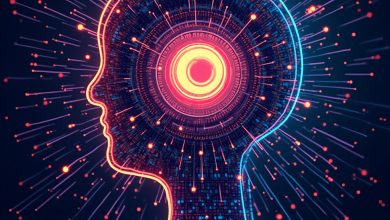How Natural Language Processing (NLP) Works

Understanding Natural Language Processing
In today’s digital age, communication has taken on many forms, from text messages to social media posts. Have you ever wondered how computers understand human language? Enter Natural Language Processing (NLP), a fascinating field of artificial intelligence (AI) that bridges the gap between human communication and computer understanding. In this article, we will explore how NLP works, its significance, and its applications in our daily lives.
What is Natural Language Processing?
Natural Language Processing is a branch of AI that focuses on the interaction between computers and humans through natural language. Essentially, it enables machines to read, understand, and respond to human language in a way that is both valuable and meaningful. NLP combines linguistics, computer science, and machine learning to achieve this goal.
How Does NLP Work?
The process of NLP can be broken down into several key components:
- Text Preprocessing: This is the initial step where raw text is cleaned and prepared for analysis. It involves removing unnecessary characters, correcting typos, and standardizing formats.
- Tokenization: In this step, the text is divided into smaller units called tokens, which can be words or phrases. This helps the computer understand the structure of the language.
- Part-of-Speech Tagging: Here, NLP identifies the grammatical parts of speech, such as nouns, verbs, and adjectives. This helps the machine understand the role of each word in a sentence.
- Named Entity Recognition: This process identifies and classifies key elements in the text, such as names of people, organizations, locations, and dates. This is crucial for understanding the context of the information.
- Sentiment Analysis: NLP can also determine the sentiment behind a piece of text, whether it is positive, negative, or neutral. This is especially useful in areas like social media monitoring and customer feedback analysis.
- Language Generation: Finally, NLP can generate human-like text responses. This is what powers chatbots and virtual assistants, allowing them to engage in conversations with users.
The Importance of NLP
NLP plays a vital role in making technology more accessible and user-friendly. By enabling machines to understand and respond to human language, NLP enhances our interactions with technology. Here are some benefits of NLP:
- Improved Communication: NLP allows for more natural and intuitive communication between humans and machines.
- Efficiency: Automating tasks like data entry and information retrieval saves time and reduces human error.
- Better Insights: Analyzing large volumes of text data helps organizations gain valuable insights into customer opinions and trends.
Real-World Applications of NLP
NLP is not just a theoretical concept; it has real-world applications that impact our daily lives. Here are a few examples:
- Virtual Assistants: Devices like Amazon Alexa and Google Assistant use NLP to understand and respond to voice commands.
- Chatbots: Many businesses deploy chatbots on their websites to assist customers with inquiries, providing instant responses and improving customer service.
- Language Translation: Tools like Google Translate use NLP to provide translations between languages, making communication across cultures easier.
- Content Recommendation: Streaming services and social media platforms utilize NLP to analyze user preferences and recommend relevant content.
The Future of NLP
As technology continues to evolve, so does NLP. Researchers are constantly working on improving the accuracy and efficiency of NLP systems. Some future trends include:
- Enhanced Multilingual Capabilities: Future NLP systems will likely be more adept at understanding and processing multiple languages simultaneously.
- More Contextual Understanding: Advancements in NLP may enable machines to grasp context and nuances in language, leading to more human-like interactions.
- Ethical Considerations: As NLP becomes more integrated into our lives, addressing ethical concerns around bias and misinformation will be crucial.
Conclusion
Natural Language Processing is a remarkable field that is reshaping how we interact with technology. By enabling machines to understand and respond to human language, NLP enhances communication and provides valuable insights. Its applications are already transforming various industries, and the future holds even more exciting possibilities. As we continue to embrace this technology, we can look forward to a world where machines understand us better, making our lives easier and more connected.




